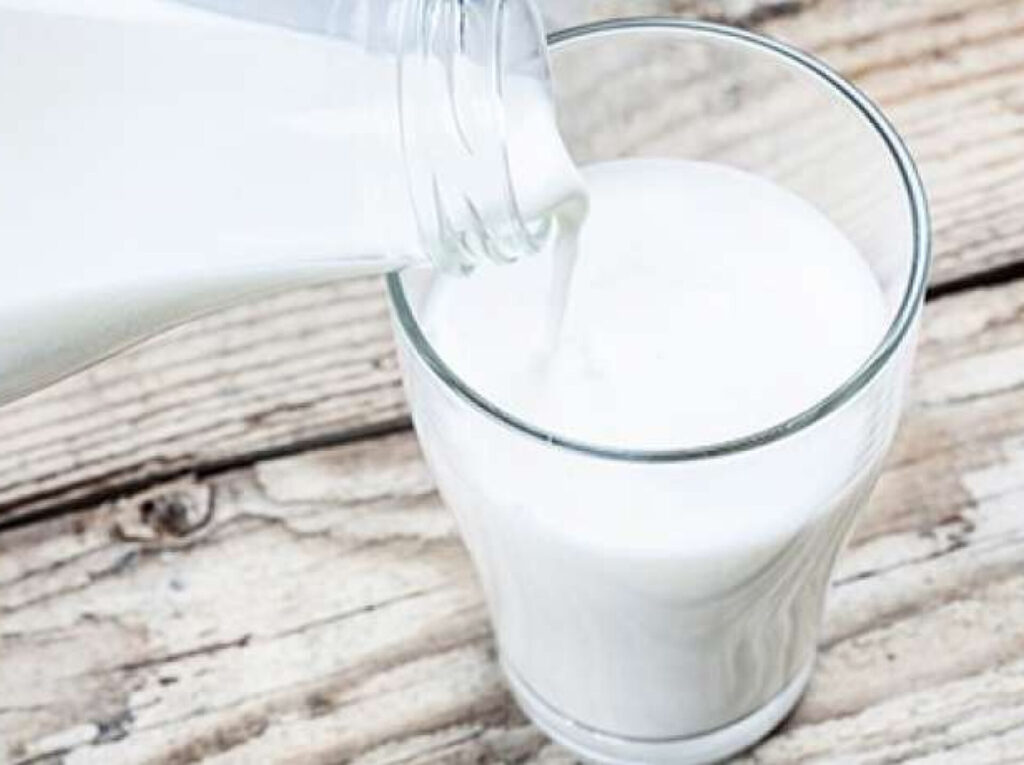Milk has long been praised for its nutrient-rich composition, yet recent discourse has sparked questions about its place in our diets. Let’s sift through the facts and myths to determine whether milk is a worthy addition to your table.
Nutrient Powerhouse
Milk boasts a treasure trove of essential nutrients, including calcium, vitamin D, phosphorus, potassium, and high-quality proteins. These nutrients are crucial for bone strength, muscle maintenance, and overall health, making milk a convenient source of multiple vitamins and minerals.
Lactose Intolerance: A Digestive Dilemma
For some, lactose intolerance poses a challenge. Difficulty digesting lactose, the sugar in milk, can lead to discomfort and bloating. Lactose-free options or plant-based alternatives offer relief for those with sensitive stomachs.
Navigating Fat Content
The fat content in milk has sparked debate, particularly regarding saturated fats and their impact on heart health. Opting for skimmed or low-fat milk can provide the benefits of milk without excessive fat intake, catering to various health needs and dietary preferences.
Beyond Calcium
While milk is celebrated for its calcium content, it’s not the sole source. Leafy greens, almonds, and fortified foods offer alternative avenues to meet your calcium needs. Diversifying calcium sources ensures comprehensive bone health support.
Personal Preference Prevails
Ultimately, whether milk is beneficial or detrimental hinges on individual health, dietary requirements, and preferences. For those who tolerate milk well and enjoy its taste, it can be a valuable addition to a balanced diet. However, if milk doesn’t agree with you, numerous alternatives and nutrient sources are available. Listening to your body and seeking guidance from a healthcare professional can help you make informed choices for optimal nutrition.
